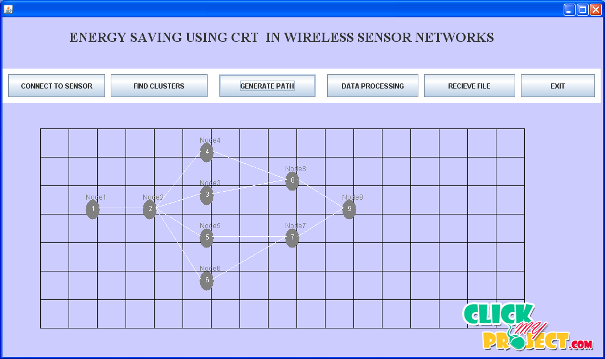Improving Energy Saving and Reliability in Wireless Sensor Networks Using a Simple CRT-Based Packet-Forwarding Solution
₹2,500.00
10000 in stock
SupportDescription
In this paper we discuss the use of the Chinese Remainder Theorem (CRT) for a novel forwarding scheme in wireless sensor networks aimed at combining low computational complexity and high performance. The proposed approach is characterized by a computationally simple packet splitting procedure able to reduce the energy needed for transmission. An analytical model for estimating the energy efficiency of the scheme is presented. The proposed approach relies on a packet-splitting algorithm based on the Chinese Remainder Theorem (CRT) and is characterized by a simple modular division between integers. An analytical model for estimating the energy efficiency of the scheme is presented, and several practical issues such as the effect of unreliable channels, topology changes, and MACoverhead are discussed. We propose a novel braided multipath scheme, which results in several partially disjoint multipath schemes. We find that braided multi paths are a viable alternative for energy-efficient recovery from isolated and patterned failures. Simulation results show that the proposed algorithm outperforms more traditional approaches in terms of both energy efficiency and fair distribution of energy consumption among all nodes. A reliable energy-efficient multi-level routing algorithm in wireless sensor networks is proposed. The proposed algorithm considers the residual energy, number of the neighbors and centrality of each node for cluster formation, which is critical for well-balanced energy dissipation of the network. In the algorithm, a knowledge-based inference approach using fuzzy Petri nets is employed to select cluster heads, and then the Fuzzy reasoning mechanism is used to compute the degree of reliability in the route sprouting tree from cluster heads to the base station. Finally, the most reliable route among the cluster heads can be constructed. The algorithm not only balances the energy load of each node but also provides global reliability for the whole network. Simulation results demonstrate that the proposed algorithm effectively prolongs the network lifetime and reduces the energy consumption.






